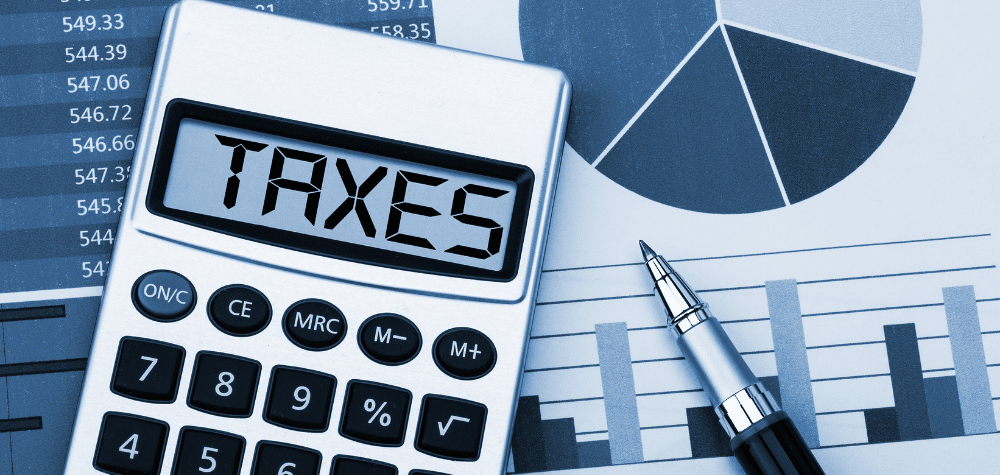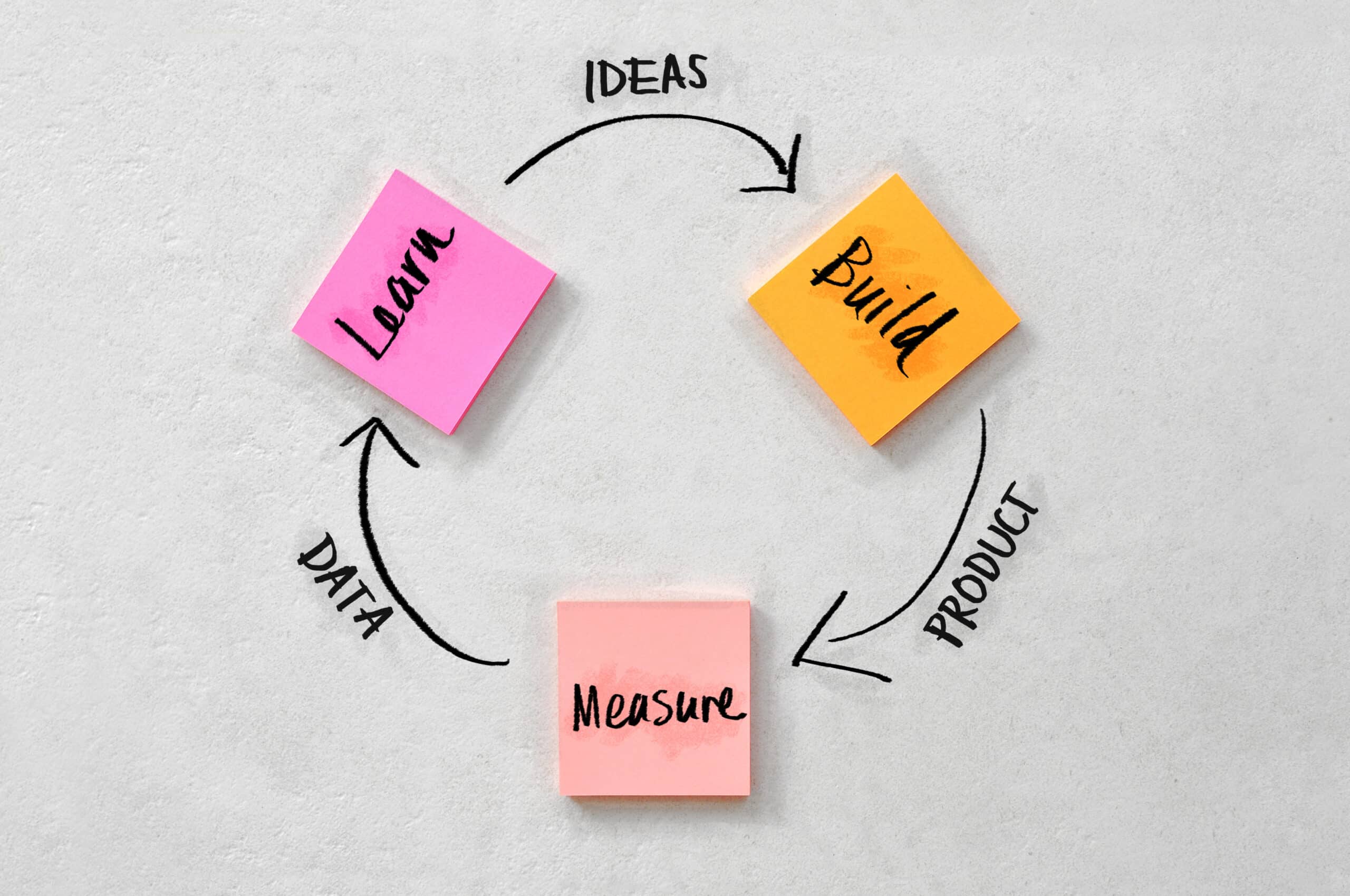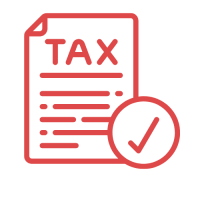As a successful business owner, you must be keenly aware of the need to reduce costs to maintain profitability.
One area where we find there is often room for improvement is in tax minimisation.
What Is Tax Minimisation?
Tax minimisation is simply the arrangement of financial affairs to keep your tax to a minimum.
Though this might sound sketchy, tax minimisation schemes are legitimate when done correctly and within the intent of the law.
With careful planning, it is often possible to considerably reduce the amount of tax a business has to pay.
Business Planning – What Can I Do To Help My Tax Liability?
Business tax planning is not something to consider only when major purchases or disposals are afoot – it should underpin all your activity because every transaction has tax consequences.
If you’re unsure about engaging a professional to assist you with tax planning, conducting a business review might provide some guidance on how exactly your business is tracking. This may involve examining your business and its finances to answer the following:
- How does this year’s performance compare to last year’s performance?
- Are your sales performing as expected, or are there factors in play that are affecting the overall business performance?
- How is your debt situation looking? Is it likely to adversely affect your business, and if so, what strategies are in place to address this?
- Are there any strategies you should be implementing prior to 30 June to manage your tax liability?
- Have you provided for any potential tax liability?
- Are your investments providing the returns that you were hoping for?
There are often specific items discussed during tax planning that need to be performed ahead of the end of the financial year (ending 30 June 2022). But this is a complex field that requires up-to-the-minute specialist knowledge and considerable professional expertise.
That’s why it’s important to decide on an accountant or business adviser, and meet with them in the last quarter of the financial year (April to June) to ensure your strategies are correctly set up.
If you are unsure about meeting with a tax planning professional:
- Ask how their tax planning process works. They should be able to provide you with:
- A review of your year-to-date performance in comparison to previous financial years
- Feedback on your business performance compared to industry standards
- Commentary on any trends or areas of concern in your year-to-date figures
- A review of your financial structuring
- Business profit and income tax projections which in turn assist in all important cash-flow planning
- A projection of your year end results based on our knowledge of your business
- The ability to implement any changes that need to be made before the end of the financial year
- Ask what are their suggestions for your tax planning strategies to employ
- They should be able to suggest some strategies to assist in managing your tax liabilities and strengthen your balance sheet, on top of the business analysis that they can provide.
How Can We Help?
Our firm has a proven track record of helping successful businesses mitigate their tax liability.
Our professionals are skilled business advisors who scrupulously avoid short-term devices that save tax regardless of the consequences – their focus is on the long-term commercial success of your business.
Contact us today to find out more.
You might be surprised to discover how much a little professional input can help your bottom line.













